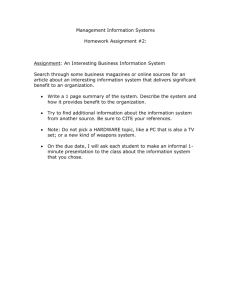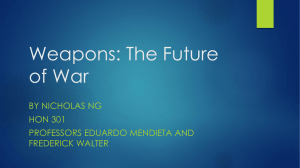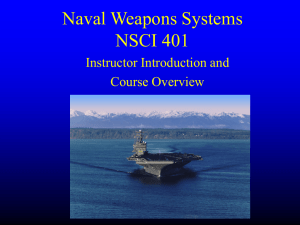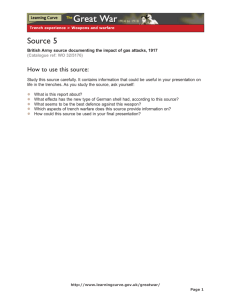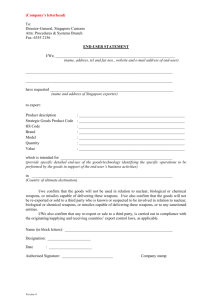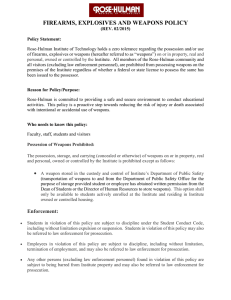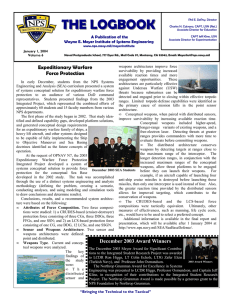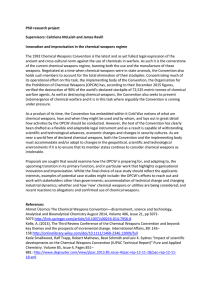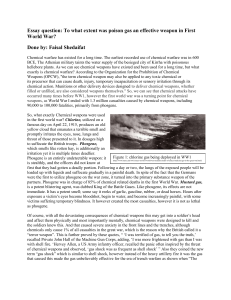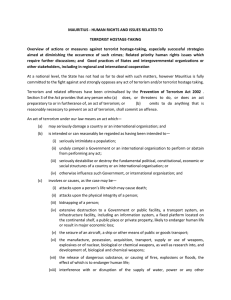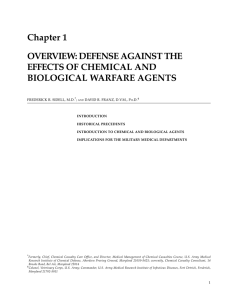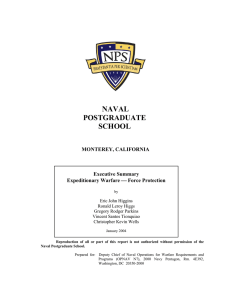Foreword
advertisement
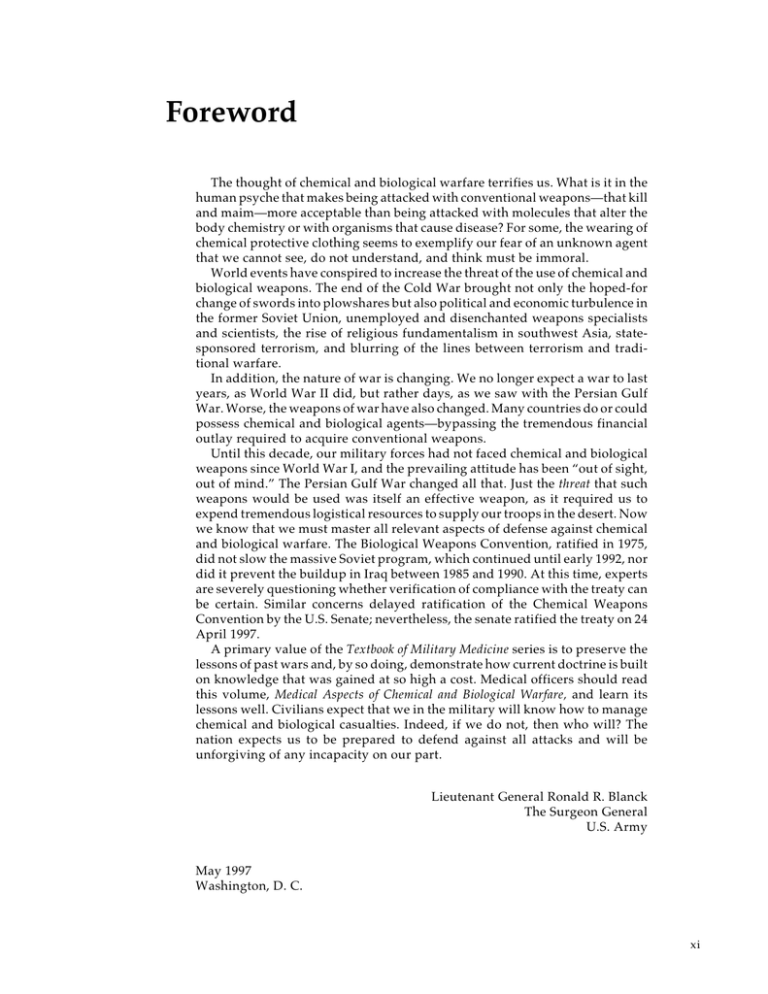
Foreword The thought of chemical and biological warfare terrifies us. What is it in the human psyche that makes being attacked with conventional weapons—that kill and maim—more acceptable than being attacked with molecules that alter the body chemistry or with organisms that cause disease? For some, the wearing of chemical protective clothing seems to exemplify our fear of an unknown agent that we cannot see, do not understand, and think must be immoral. World events have conspired to increase the threat of the use of chemical and biological weapons. The end of the Cold War brought not only the hoped-for change of swords into plowshares but also political and economic turbulence in the former Soviet Union, unemployed and disenchanted weapons specialists and scientists, the rise of religious fundamentalism in southwest Asia, statesponsored terrorism, and blurring of the lines between terrorism and traditional warfare. In addition, the nature of war is changing. We no longer expect a war to last years, as World War II did, but rather days, as we saw with the Persian Gulf War. Worse, the weapons of war have also changed. Many countries do or could possess chemical and biological agents—bypassing the tremendous financial outlay required to acquire conventional weapons. Until this decade, our military forces had not faced chemical and biological weapons since World War I, and the prevailing attitude has been “out of sight, out of mind.” The Persian Gulf War changed all that. Just the threat that such weapons would be used was itself an effective weapon, as it required us to expend tremendous logistical resources to supply our troops in the desert. Now we know that we must master all relevant aspects of defense against chemical and biological warfare. The Biological Weapons Convention, ratified in 1975, did not slow the massive Soviet program, which continued until early 1992, nor did it prevent the buildup in Iraq between 1985 and 1990. At this time, experts are severely questioning whether verification of compliance with the treaty can be certain. Similar concerns delayed ratification of the Chemical Weapons Convention by the U.S. Senate; nevertheless, the senate ratified the treaty on 24 April 1997. A primary value of the Textbook of Military Medicine series is to preserve the lessons of past wars and, by so doing, demonstrate how current doctrine is built on knowledge that was gained at so high a cost. Medical officers should read this volume, Medical Aspects of Chemical and Biological Warfare, and learn its lessons well. Civilians expect that we in the military will know how to manage chemical and biological casualties. Indeed, if we do not, then who will? The nation expects us to be prepared to defend against all attacks and will be unforgiving of any incapacity on our part. Lieutenant General Ronald R. Blanck The Surgeon General U.S. Army May 1997 Washington, D. C. xi
